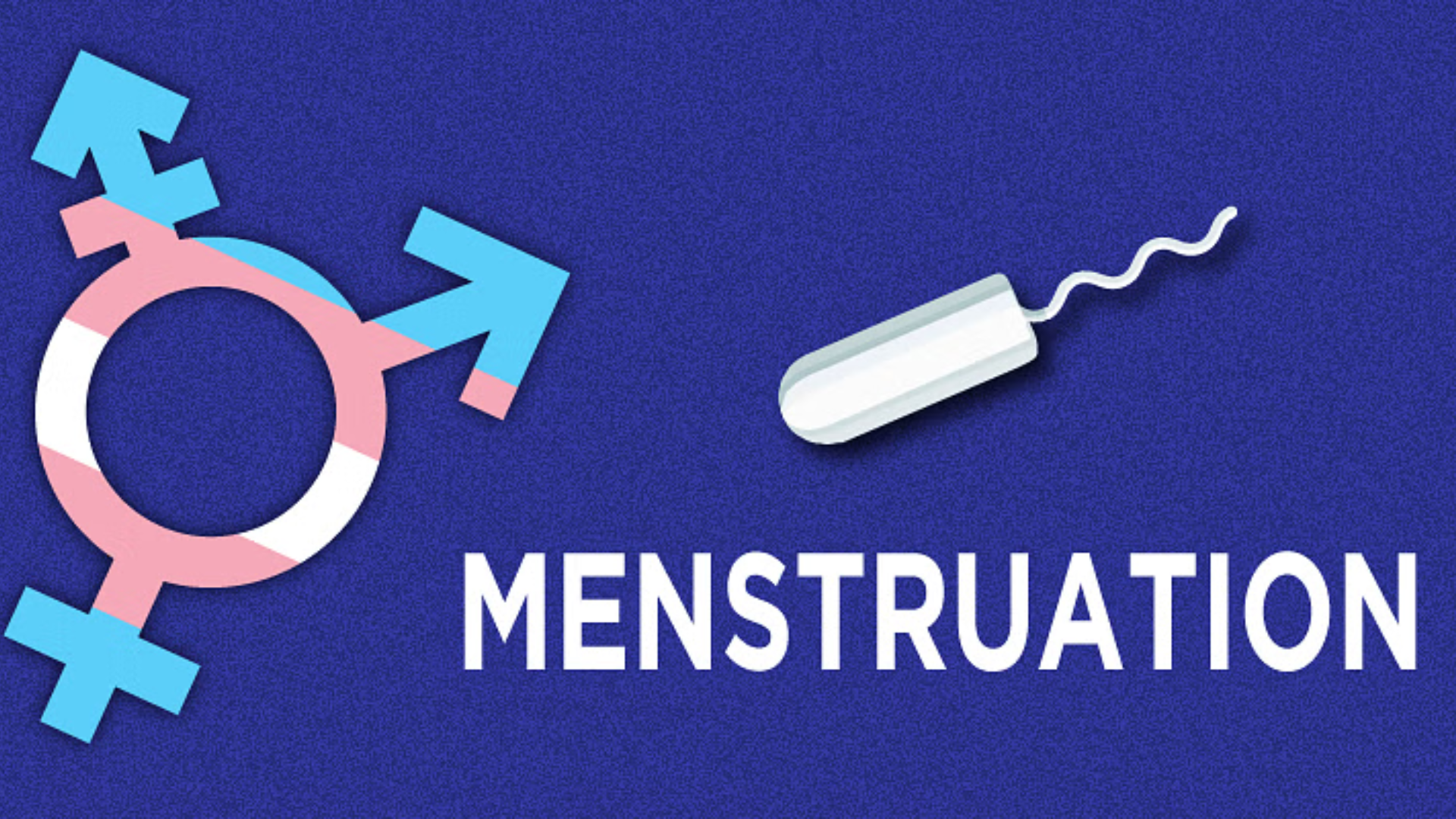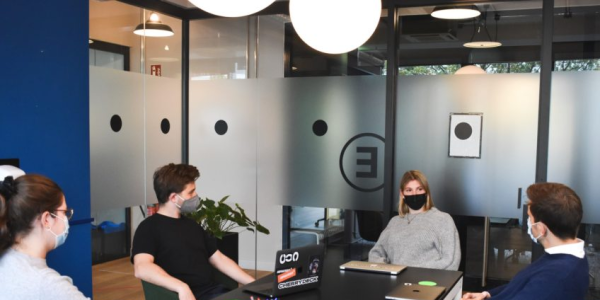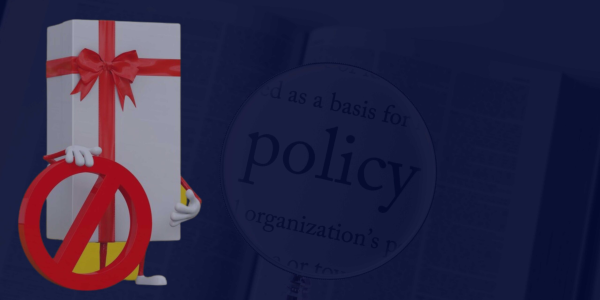Embracing Diversity: Menstruation Beyond Gender Norms
Menstruation is a natural, monthly biological process that extends beyond a few days of the period cycle. It involves hormonal changes, pain and discomfort, and unique experiences for each individual. In our aim to create workplaces (and eventually a society) that are equitable and inclusive, it is essential to broaden our perceptions of menstruation, acknowledging the diverse experiences that individuals, regardless of gender identity, go through during this monthly occurrence.
Menstruation and Its Impact
Menstruation comes with its set of challenges and, for many women, it extends beyond mere discomfort. Conditions like Polycystic Ovary Syndrome (PCOS) and Endometriosis add layers of complexity to the menstrual experience. PCOS, a hormonal condition affecting women of reproductive age, can lead to irregular periods, hormonal imbalances and difficulties in conception.
Endometriosis, recognized as a chronic disease by the World Health Organization, is associated with severe pain during periods, sexual intercourse and chronic pelvic pain. Apart from the physical impact, it can have profound effects on mental health as well. Many women have been known to suffer from depression, anxiety and infertility. Understanding and addressing these conditions is crucial for a comprehensive and empathetic approach to menstrual health, especially at the workplace.
Organizational Support and Inclusion
As organizations across the board focus more on equity and inclusion, many are recognizing the importance of supporting the well-being of their employees, especially when it comes to menstruation. Measures such as paid leaves, flexible hours and inclusive policies that extend support to their female employees are now becoming commonplace. These initiatives not only enhance women's well-being, but also positively impact their productivity and morale at work.
Gender and Menstruation
Traditionally, menstruation has been associated solely with women, that is, females assigned at birth. However, as we strive for greater inclusivity, it is time to broaden our understanding. One of the key aspects often overlooked in discussions around menstruation is that gender identity and the sex assigned at birth are not necessarily aligned. This is a key disparity that challenges the conventional narrative and calls for a more inclusive understanding. Menstruation is not confined to a specific gender; it is a shared human experience. People of all genders, including those who identify as gender fluid, non-binary, agender or transperson, menstruate. This shift in perspective challenges stereotypes and promotes a more inclusive understanding of this natural process.
For instance, a transman, assigned female at birth and now identifying as a man, may still experience menstruation unless they have undergone a Sex Reassignment Surgery. Similarly, individuals who do not identify within traditional gender categories may also go through the menstrual cycle. By acknowledging this diversity, we break down assumptions that only women experience menstruation.
Inclusive Workplace Practices
In the workplace, creating a safe and approachable environment for individuals applying for menstrual leave is imperative. Acknowledging that people who do not identify as women may also experience menstruation is important. Organizations need to normalize menstruation, reduce stigma against the trans community and, ultimately, contribute to diminishing the likelihood of violence against trans individuals. In doing so, workplaces become more inclusive, fostering a sense of belonging for everyone, regardless of their gender identity.
Educational Initiatives
Educational initiatives can be introduced at the workplace, focusing on menstrual health with a holistic approach and that reflects the diversity of experiences. Inclusive modules can help dispel myths and stereotypes, promoting a more accurate and understanding portrayal of menstruation that includes individuals across the gender spectrum.
LGBTQ+ Community and Menstruation
For individuals within the LGBTQ+ community, menstruation can present unique challenges. Non-binary and gender-fluid individuals may find that menstruation challenges their own gender norms, causing physical and mental discomfort. Transmen may experience dysphoria when menstruating, conflicting with their male identity. Transwomen, although not experiencing menstruation naturally, may encounter challenges related to societal expectations of femininity. Agender individuals may experience periods detached from gender associations.
Acknowledging and respecting these diverse experiences is essential for fostering inclusivity in the workplace. Providing access to leaves and support that respects unique identities beyond traditional gender binaries is imperative in creating an environment where everyone feels understood and supported.
In Conclusion As we reflect on the complex relationship between women and menstruation, it becomes evident that this natural process transcends gender norms. Embracing diversity in experiences, understanding the challenges faced by individuals beyond traditional categorizations, and fostering inclusive workplace practices are essential steps toward building a society where menstruation is recognized as a shared human experience, irrespective of gender identity. In doing so, we contribute to a more compassionate, understanding and inclusive world for all.











